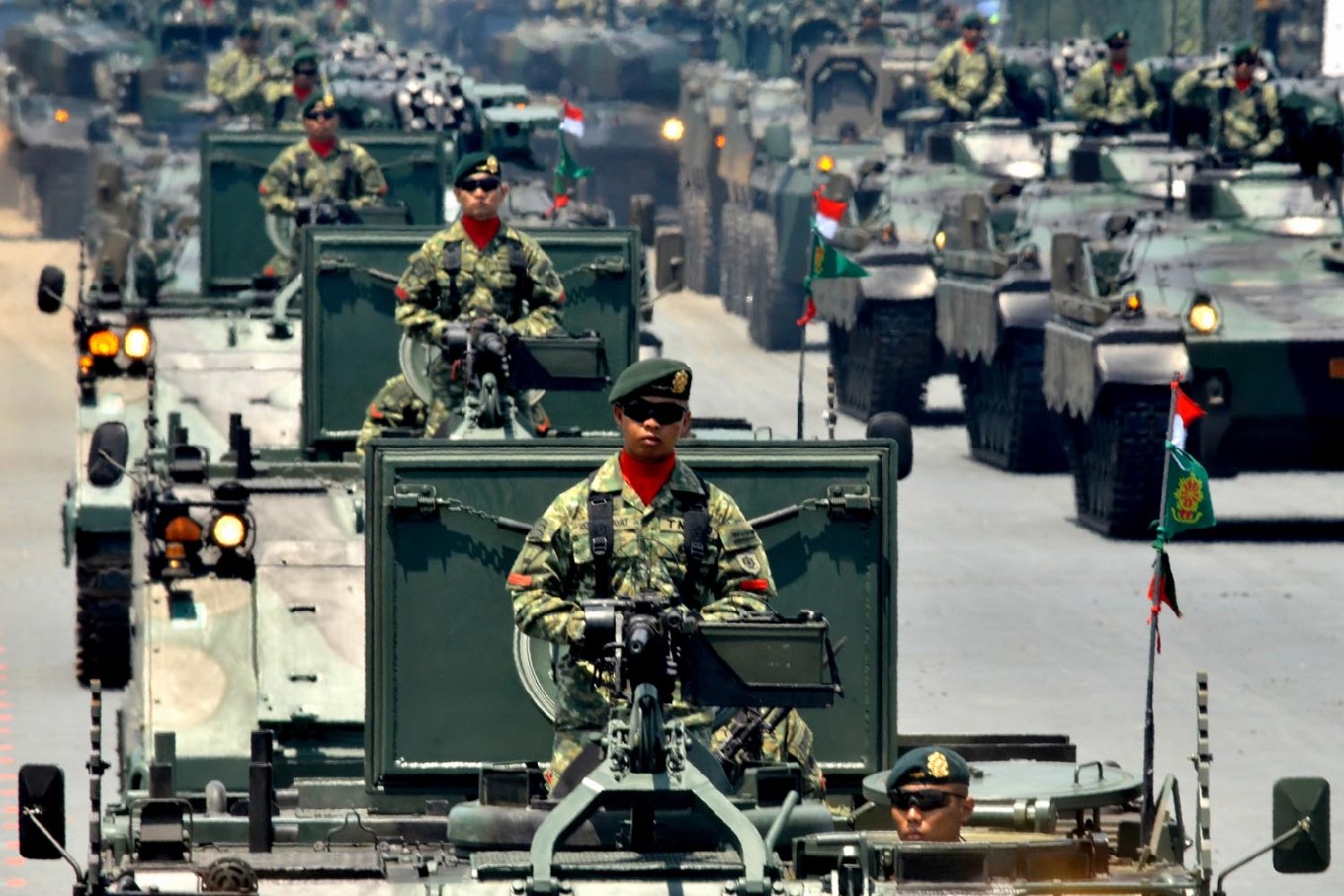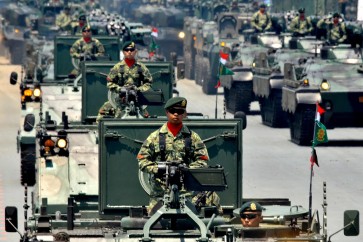Popular Reads
Top Results
Can't find what you're looking for?
View all search resultsPopular Reads
Top Results
Can't find what you're looking for?
View all search resultsDefense community must help reforms
After its success in redefining Indonesian civil-military relations, the subsequent agenda of military reform — defense transformation — in the country has been stagnant.
Change text size
Gift Premium Articles
to Anyone
A
fter its success in redefining Indonesian civil-military relations, the subsequent agenda of military reform — defense transformation — in the country has been stagnant. This is a call for the increased capacity of the civilian political elites to deal with defense-related issues and revitalize the role of the community of defense experts.
Indonesian Military (TNI) reform can be partly seen as a remedy to thedwifungsi (dual function) doctrine that had allowed the omnipresence of the military in non-military roles during the New Order. The initial reform agenda following president Soeharto’s resignation was thus aimed at dismantling the military’s socio-political role and business network.
These objectives were achieved with the 2002 State Defense Law, the 2004 TNI Law as well as the 2009 presidential regulation on the takeover of military businesses.
The first two bills guarantee the characteristics of the TNI as a professional military within the country’s democratic framework. The presidential regulation, meanwhile, reflects the political consensus that denies military involvement in business — directly and indirectly, legally and illegally — which had undermined the military’s professionalism.


















